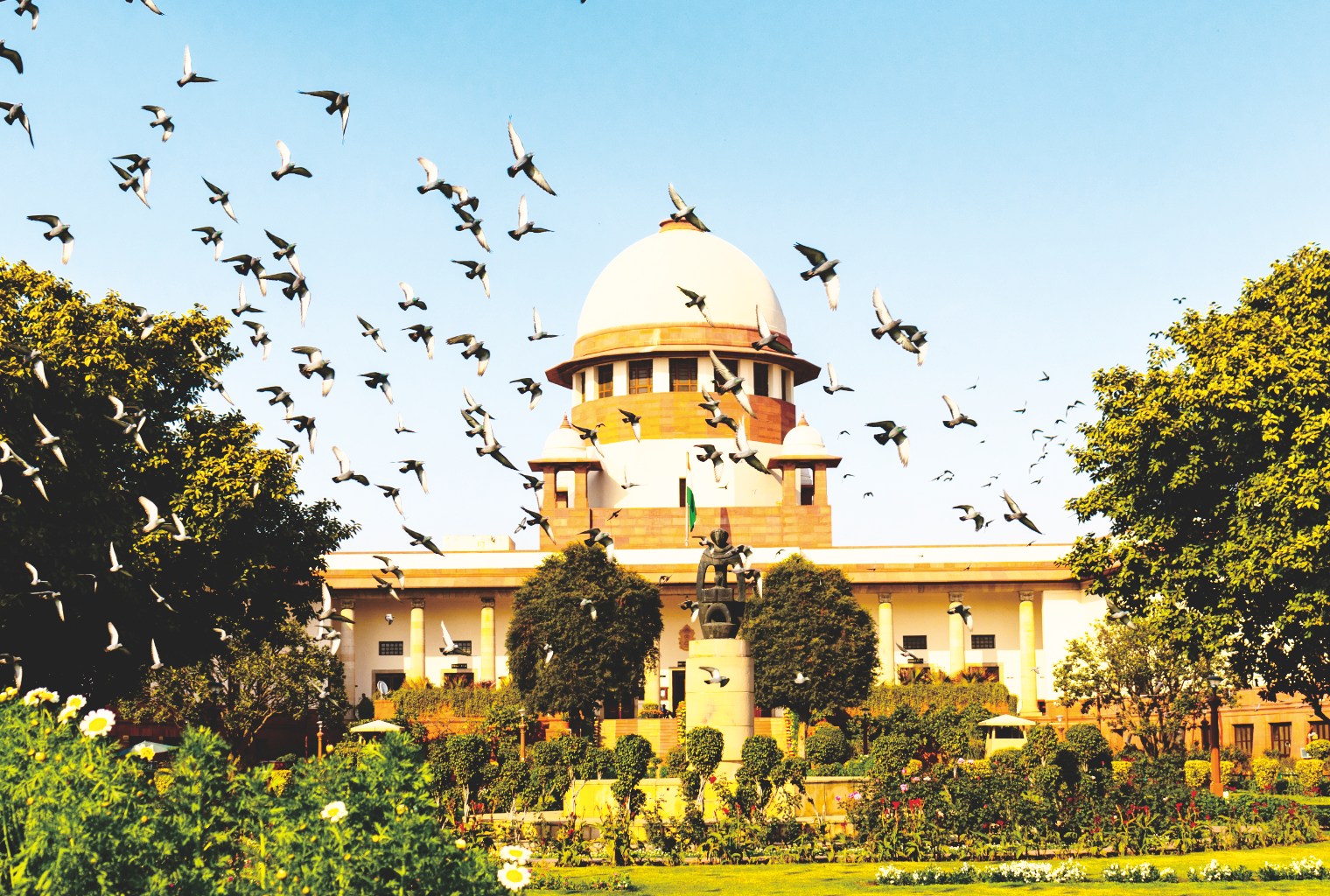Daughters Born Prior to Hindu Succession Act 2005 Amendment Will Have Equal Coparcenary Rights: SC
Daughters Born Prior to Hindu Succession Act 2005 Amendment Will Have Equal Coparcenary Rights
The landmark judgement by the SC totally changed the scenario and now the daughter would have equal rights to the property even if the coparcener died before the 2005 amendment. On 11 August, the Supreme Court held that even if they were not alive at the time of the 2005 amendment to the Hindu Succession Act, 1956, daughters would have equal coparcenary rights in Hindu Undivided Family (HUF) properties.
SC concluded that in conferring rights on daughters who were alive at the time of the amendment and even if they were born prior, the 2005 amendment would have retrospective effect. The verdict was passed in appeals by a Three-Judge Bench of Justices Arun Mishra, S Abdul Nazeer and MR Shah highlighting the issue of whether the amendment to the Act granting equal rights to daughters to inherit ancestral property would have retrospective effect.
The SC had to view whether with the passing of Hindu Succession (Amendment) Act, 2005, a daughter of a coparcener shall by birth become a coparcener in her own right in the same manner as the son or whether a daughter could be denied her share on the ground that she was born prior to the enactment of the Act and, therefore, cannot be treated as coparcener?
The Supreme Court in Prakash v. Phulavati had held that “the rights under the amendment are applicable to living daughters of living coparceners as on 9-9-2005 irrespective of when such daughters are born.” Basically, the living daughter of the coparcener would have no right to coparcenary property, if the coparcener (father) had passed away prior to September 9, 2005 (date on which the amendment came into effect).
The Supreme Court in Danamma v. Amar had held that the 2005 amendment conferred upon the daughter the status of a coparcener in her own right in the same manner as the son. Thus, in the coparcener properties, it confers equal rights and liabilities to daughters and sons. Justice AK Sikri heading a Three-Judge Bench had expressed that the matter needed to be heard by a Three-Judge Bench in November 2018.
By NISCHAY POKHRIYAL
Equal Coparcenary Rights to Daughter


